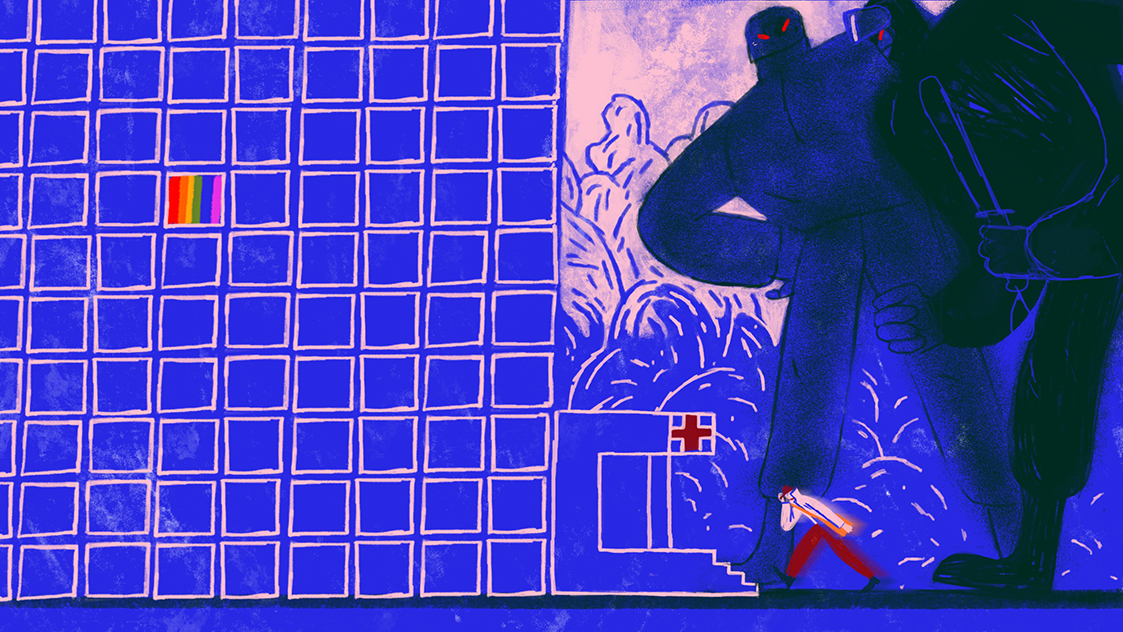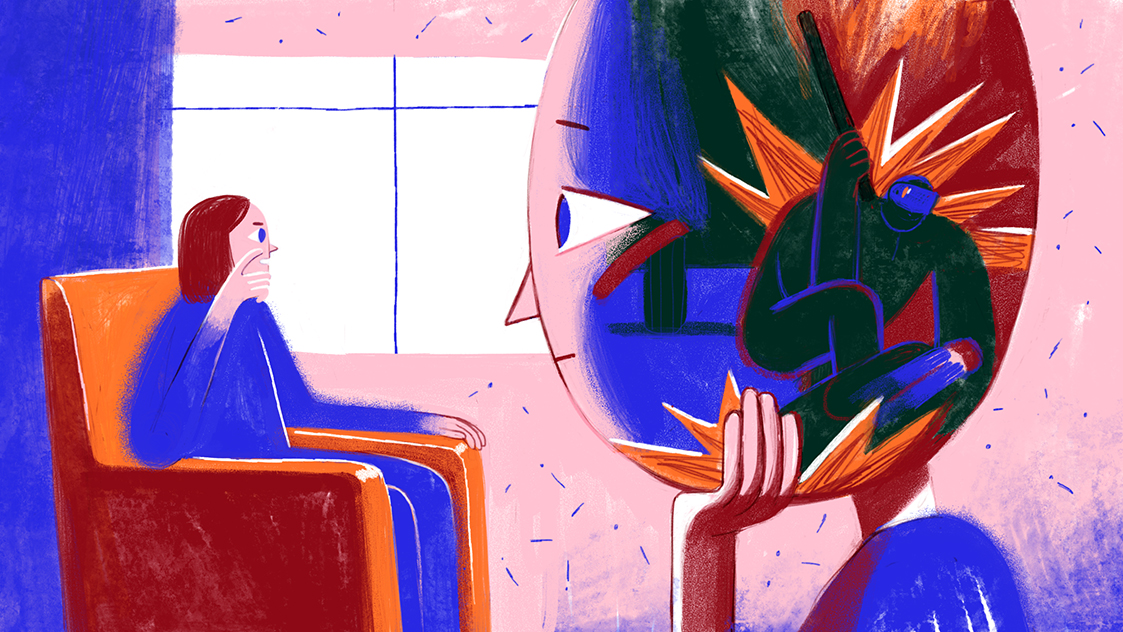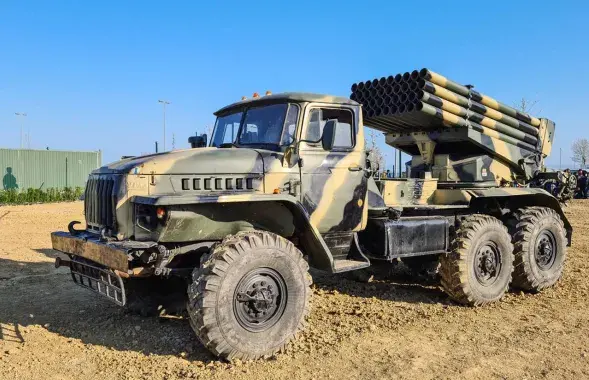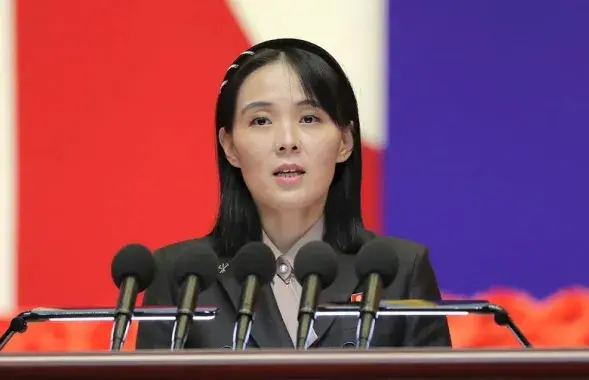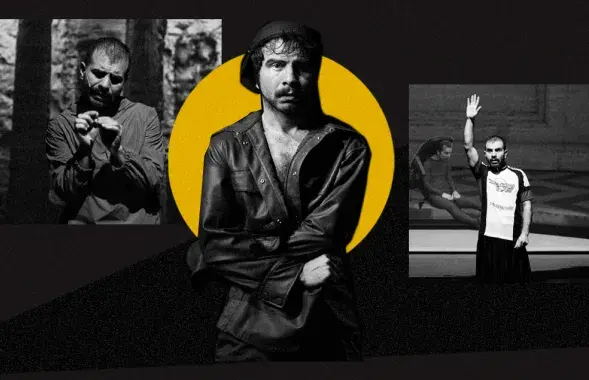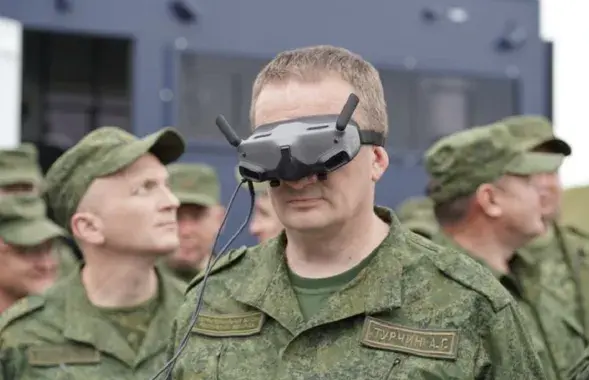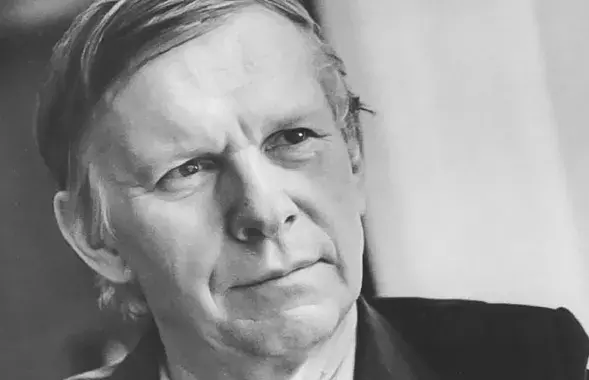How LGBTQ people in Belarus feel today
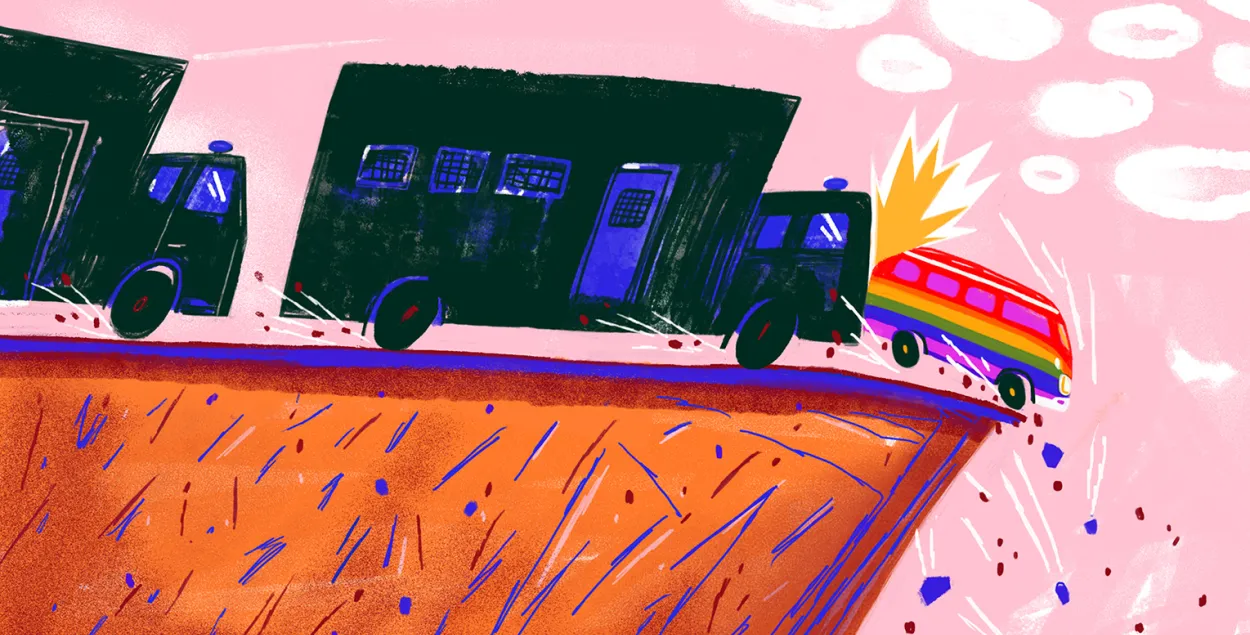
Month (without) pride / sample photo by Euroradio
While the entire civilized world is celebrating Pride Month, homophobia is in full bloom in Belarus at the state level. Law enforcement agencies and propagandists often choose LGBTQ people as a target. The beginning of the war did not mean the end of the repression in the country. Because of this, tensions both in society and within the authorities have only grown.
Euroradio recently spoke to queer people who (for now) remain in Belarus. They told us how they see our society and how their feeling of safety has changed lately.
"Homophobia is a value for this government"
"I'm 27 years old, I'm an artist and an LGBTQ activist. And I'm openly lesbian. When I say "openly" I mean open media and safe personal communication. For example, I won't say that I have a girlfriend if my driving instructor or the upstairs neighbor who drinks asks me. Self-censorship for safety's sake is embedded in every LGBTQ person. It's degrading, it's robbing dignity, it's robbing peace of mind. Now, with homophobia overlaid with unrelenting political repression, self-censorship and a sense of insecurity have doubled. I am giving this interview without giving my name precisely because of these new risks. And activism in Belarus is not about changing things like it used to be. It is about being together, about sharing human warmth in difficult times", says Alina (name changed).
Alina does not feel safe in Belarus and she says she cannot even use the "very few rights that still remain in the country" both at the level of legislation, law enforcement, and in everyday communication.
"A heterosexual person calmly says "this is my wife," "this is our child," "this is our home together" -- and these statuses are fixed, clear to all and accepted by all. At a younger age, the issues of marriage equality, child custody, inheritance rights, etc. are not as pressing, but now that I'm almost 30, I think about it all the time. And that's on top of all the other sad thoughts that Belarusians have after 2020".
Alina lives in Minsk, where she says people don't pay much attention to outsiders. So she feels better about herself than many other LGBTQ people in Belarus. She is an activist and she constantly hears stories about people being kicked out of their jobs or homes, beaten, and blackmailed, all because of homophobia and transphobia.
"I've never been as scared in Belarus as I have been in the last two years. And I've never loved Belarus more than now. When you realize that even with all the risks and discomfort, you want to be here and not anywhere else, it takes your relationship with space to a new level. But I cannot accept this threat that looms over all of us once and for all, and then never be nervous again. From time to time a wave of horror engulfs me, and I feel small and helpless in the face of a ruthless and huge state".
Alina has no plans to leave Belarus, no matter what. Such an option remains, of course, but only as a last resort.
"But so many of my friends and acquaintances have left, and the process is still going on. And it changes Belarus. I often think: how many fundamental things can be taken away from us so that Belarus would still be Belarus? It's like the Greek ship "Argo," which has been repaired so many times during its long voyages that by the end of the voyage not a single original part remains. It is both some other new ship and the same "Argo". That's how we are.
Both the visibility of LGBTQ people and their safety, Alina believes, are impossible without changes in the political landscape of Belarus. "Homophobia is embedded in the values of this government; it's also linked to the prison rules voiced by Interior Minister Shunevich and the narrowness of Lukashenka's views. It's also a heritage of the Soviet system," Alina explains.
"If you dream about what it could be like in the new Belarus, then yes, I am sure there would be a place for different people, and the conditions for a public discussion about equality would be much more favorable," she concludes.
"I'm not ready to wait for things to change"
Artsiom (name changed) works as a doctor in a district center in Belarus. He admits that he had never encountered any particular issues while living in Belarusian society. "I was born in Hrodna, which is a very European city, and it just so happened that I never had any "troubled" people in my company or around me. I surrounded myself with adequate people," he says.
"But I always knew that there are other people. I heard a lot of stories, read something myself, and learned through acquaintances. I realized that in some ways I was lucky. And even though my environment was good, I was doing quite well, I knew that our society was very homophobic, and the day would come when I would face it too".
Artsiom has not encountered homophobia directly, as he leads a secretive lifestyle, he does not post "anything provocative" on social feeds. Very few people know that he is gay, not even all of his close friends. If anyone asks, he answers, but he is in no hurry to come out.
"In light of recent events, of course, my own sense of security has changed. I feel uncomfortable, I can't stop thinking about it and, again, the plus side is that I'm in a slightly different environment. I feel somewhat protected because of my medical job, and I feel like a lot of people would turn a blind eye to my gender identity, even a homophobe. Because they would understand that I'm basically doing a good thing, helping people. Well, that's how I reassure myself. But I still feel very uncomfortable and can't stop thinking about it".
Artsiom gives an example: if he needs to visit some government agencies, he deletes dating apps and cleans up his telegram conversations. "There has never been any reason to worry, but I try to think ahead because I'm scared," he explains.
Siamion (name changed) decided not to name his profession -- otherwise, it would be too easy to "figure out" his identity. He calls himself a "masculine transgender non-binary person".
"That's the wording I feel comfortable with. When I was a kid, I remember being a boy, playing football, running with guys who took me for one of their own; playing cars, and Legos, and playing sports. I never had any doubts about who I was as a kid. Then came my difficult teenage years when I was bullied at school".
Siamion says he lived in denial for a long time, but in spite of his fear, he chose to be himself.
"All my high school years were terrible. I did well in school, but I didn't want to go to school because I knew that every day I would be humiliated, my notebooks would be torn, and things would be hidden or damaged. I didn't know then how to stand up to the whole class. But bullying happens not only because of gender, this is a problem of the school system as a whole," recalls Siamion. "At the moment, I am more or less comfortable. Before, there were frequent questions and attacks in transport and on the street. "Are you boy or girl?" people used to ask me. I haven't noticed that for a long time. But maybe I just became more self-confident".
Belarusian society, Siamion admits, is homophobic and transphobic. You can "feel it in your skin". But he managed to gather a lot of good people around him. Although in Siamion's case it is not possible to be open only with them.

